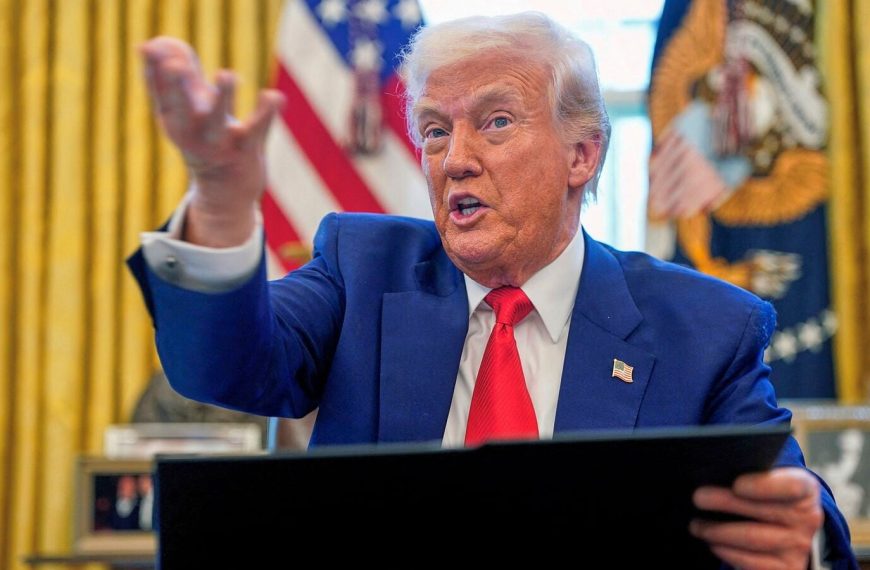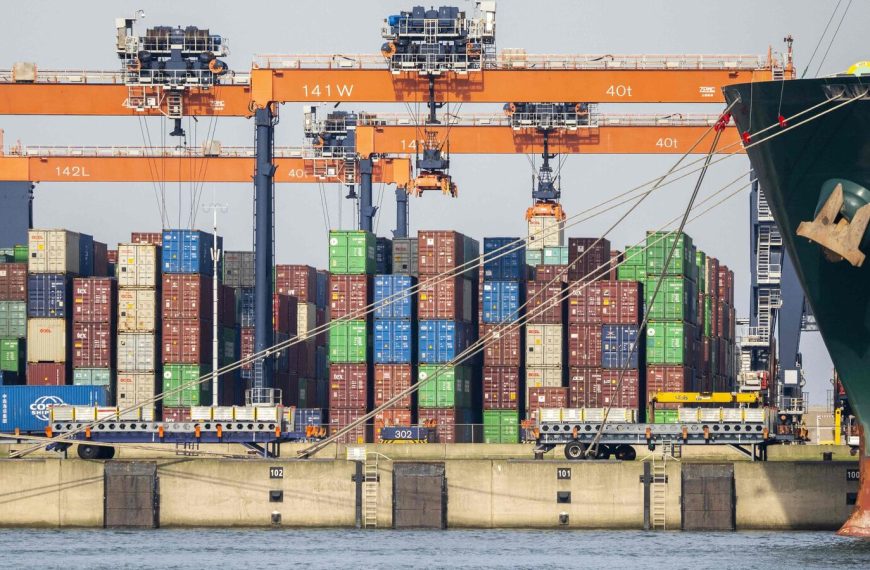In a highly anticipated update on the UK’s financial health, Rachel Reeves, the Treasury chief, is poised to unveil significant measures aimed at reducing welfare expenditures while simultaneously increasing defense funding. This announcement comes against a backdrop of disappointing economic growth, which has led to higher-than-expected borrowing levels. As she prepares to address Parliament, Reeves is expected to respond to a notably bleak economic outlook from the Office for Budget Responsibility, the government’s independent forecasting body.
Economic Challenges Ahead
The latest forecasts indicate a substantial downgrade in growth projections, creating a worrying gap in expected government revenues. Last week, the government announced welfare changes that are now expected to fall short of generating the promised £5 billion ($6.5 billion) in savings. This shortfall will likely compel Reeves to seek additional funding, a move that may ruffle feathers among Labour Party lawmakers.
- Key Points:
- New welfare changes will not meet savings targets.
- Labour Party faces internal unease over budget cuts.
- Economic growth forecasts downgraded by the Office for Budget Responsibility.
Geopolitical Concerns and Defense Spending
In light of escalating global tensions, particularly with the return of former President Donald Trump to the political stage, Reeves is set to emphasize the urgent need for enhanced national security measures. She is expected to announce a significant £2.2 billion ($2.9 billion) increase in defense spending, which Prime Minister Keir Starmer has described as the most substantial boost since the Cold War era.
“This moment demands an active government stepping up to secure Britain’s future,” she will assert, according to advance statements from the Treasury.
Inflation Trends and Economic Recovery
Despite the gloomy economic forecast, there was a silver lining for Reeves on Wednesday, as the Office for National Statistics revealed that inflation in the UK has eased more than expected. Consumer price inflation fell to 2.8% in February, down from 3% the previous month, surpassing analysts’ predictions of a decline to 2.9%.
While inflation rates still exceed the Bank of England’s target of 2%, the easing price pressures could pave the way for more aggressive interest rate cuts than previously anticipated. Reduced interest payments on government debt could potentially free up resources for public services.
- Recent Developments:
- Inflation decreased more than expected.
- Bank of England maintains interest rates at 4.50%.
- Economic growth remains sluggish, posing challenges for the government.
As the sixth-largest economy, the UK’s growth has been lackluster, managing only 0.1% growth in the last quarter of 2023. Critics argue that Reeves’ cautious approach since Labour’s return to power in July has contributed to the economic stagnation, citing her tax increases on businesses as a factor.
With the economic landscape shifting rapidly, all eyes will be on Reeves as she navigates these challenges while attempting to fulfill her budgetary commitments and reassure both lawmakers and the public about Britain’s financial future.











